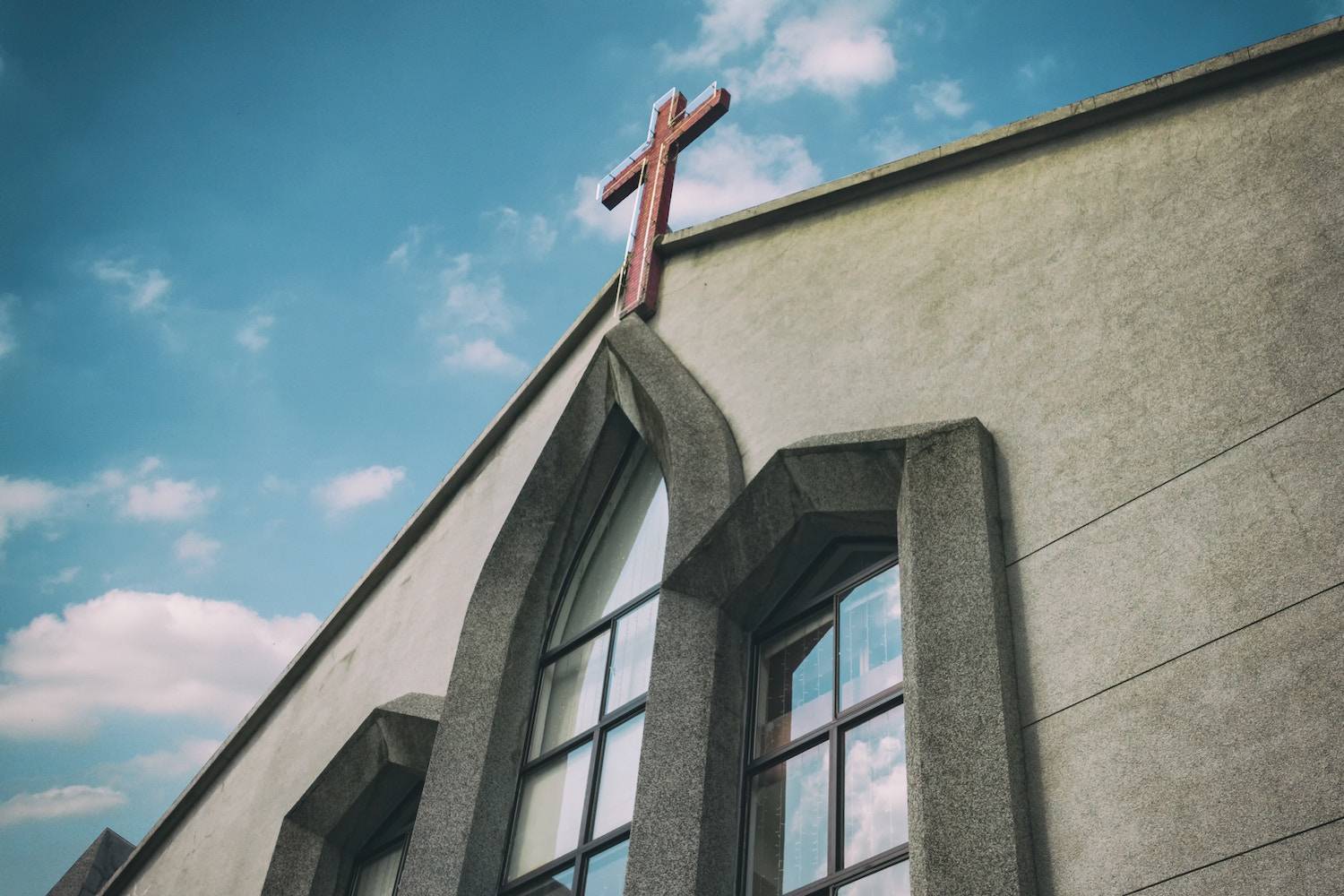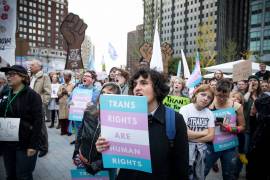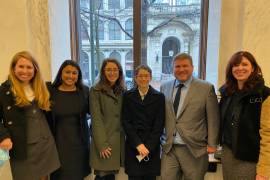Today, the United States Supreme Court issued a split decision in Trinity Lutheran Church v. Pauley, concluding that the state of Missouri must allow churches to apply for a playground resurfacing grant on the same terms as other entities.
The Court noted at the beginning of its opinion that the school playground that sought funding in this case was open to children of all religions, and that the funds would not be put to religious use. A majority of the justices were careful to say that this decision should not be interpreted to apply to religious uses of funding or funding for services that discriminate. Churches and religious organizations are not getting a free pass to discriminate on the taxpayer’s dime.
Government must take every step necessary to ensure public monies are not used to proselytize or to discriminate.
Lambda Legal will remain vigilant to hold federal and state governments to this obligation because, as LGBT people and people living with HIV know all too well, there is a regrettable history in this country of people being denied access to important public benefits and services in the name of religion.
In this case, Trinity Lutheran Church of Columbia, Missouri, which operates a school “as a Church ministry,” sued the Missouri Department of Natural Resources (DNR) after the DNR turned down the church’s application for a cash grant to resurface its playground, relying on the state’s constitutional amendment prohibiting aid to any church regardless of the faith. Thirty other states have similar constitutional provisions.
Lambda Legal filed a brief co-authored by myself, Susan Sommer and Jenny Pizer, advocating for a decision that does not open the door to taxpayer dollars being used for religious activity or discrimination.
Governments have an important constitutional obligation to ensure that everyone’s civil rights are respected, including both the right to exercise one’s religion, and to be free from discrimination when receiving taxpayer-funded services.
Although this case was about scrap tires for playgrounds, religious organizations also sometimes seek taxpayer funding to provide services to the public, such as foster care, or sheltering the homeless. Those programs have to serve everyone, without discriminating against members of the public, and without subjecting beneficiaries to proselytization.





